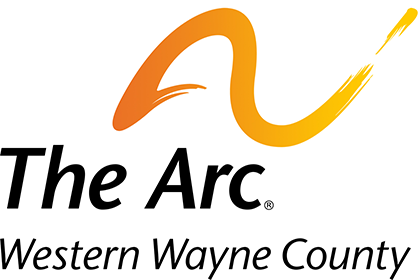A parent or public agency, for example a school district, may initiate what is called a due process hearing by filing a due process complaint regarding the school’s proposal or refusal to initiate or change the identification, evaluation, or educational placement of the child. The due process complaint must be filed with the Michigan Department of Education and the person or entity about whom the complaint is against. The event must not have happened more than two years prior to filing the complaint. A hearing may also be initiated if a school does not provide a free appropriate public education to the child.
Parents must give notice to the school when filing a request for a due process hearing. The notice request must contain the following information:
- Your child’s name and address, and the name of the school your child attends.
- A description of the nature of the problem, including related facts, and
- A proposed resolution of the problem, to the extent known and available to parents at that time.
The notice must remain confidential, by removing any personally identifiable information from the records. You can obtain a model form from your Intermediate School District to assist you in filing due process requests. Once a due process complaint is filed with the Michigan Department of Education and received by the other party, your child must remain in his or her current educational placement during the resolution process time period, and while waiting for the decision of any impartial due process hearing or court proceeding, unless you and the State or school district agree otherwise.
Following a due process complaint being filed with the Michigan Department of Education and the local education agency, the district must convene a resolution meeting with you, and the relevant members of the Individualized Education Program team, who have specific knowledge of the facts identified in your due process complaint. This meeting must be held within 15 calendar days after the complaint is filed. The due process hearing is not held until this resolution meeting is held. If the problem remains unresolved, within 30 calendar days of the receipt of the complaint, the due process hearing may occur. The 45 calendar-day-timeline for issuing a final decision begins at the expiration of the 30 calendar day resolution period. There are certain exceptions for adjustments made to the 30 calendar day resolution period, for example if both parties agree to waive the resolution meeting, the 45 calendar time line for the due process hearing begins the following day. However, if the school district has made reasonable efforts with supporting documentation of having you participate in the resolution process and you refuse, they may request that the Administrative Law Judge dismiss your due process complaint.
When a due process complaint is filed, you must have an opportunity for an impartial due process hearing in front of an impartial Administrative Law Judge, or ALJ. The ALJ must not be an employee of the Michigan Department of Education or the school district that is involved in the education or care of the child. He or she is not considered to be an employee of the district, if the ALJ was hired to be an ALJ for the district. The ALJ must not have any interests that would conflict with their objectivity. They must be knowledgeable of IDEA and its provisions and legal interpretations, and they must have the knowledge and ability to conduct hearings, to make and write decisions that are consistent with appropriate standard legal practice.
A final hearing decision should be reached and mailed to all parties involved within 45 calendar days after the receipt of a hearing request, unless the hearing officer grants a specific extension at the request of either party.
The decision made in a due process hearing is final, unless a party to the hearing appeals the decision under the procedures for impartial administrative appeal.
Any party to a hearing has the right to:
- Be accompanied and advised by counsel and by individuals with special knowledge or training with respect to the problems of children with disabilities.
- Present evidence and confront, cross examine, and compel the attendance of witnesses.
- Prohibit the introduction of any evidence at the hearing that has not been disclosed to that party at least five calendar days before the hearing.
- Obtain a written or electronic verbatim record of the hearing or obtain alternate forms of the verbatim record to be provided in the parent’s native language, and
- Obtain written findings of fact and decisions. After deleting any personally identifiable information, the school shall transmit those findings and decisions to the state advisory panel and make them available to the public.
Parents involved in hearings must be given the right to have the child who is the subject of the hearing present, and to open the hearing to the public. Each hearing must be conducted at a time and place which is reasonably convenient for the parents and child involved.
A due process hearing can be very confusing for parents. A knowledgeable attorney or advocate can help you through the process. If you have questions, or need assistance, call The Arc at 734-729-9100.
Phone code: 1612

Recent Comments